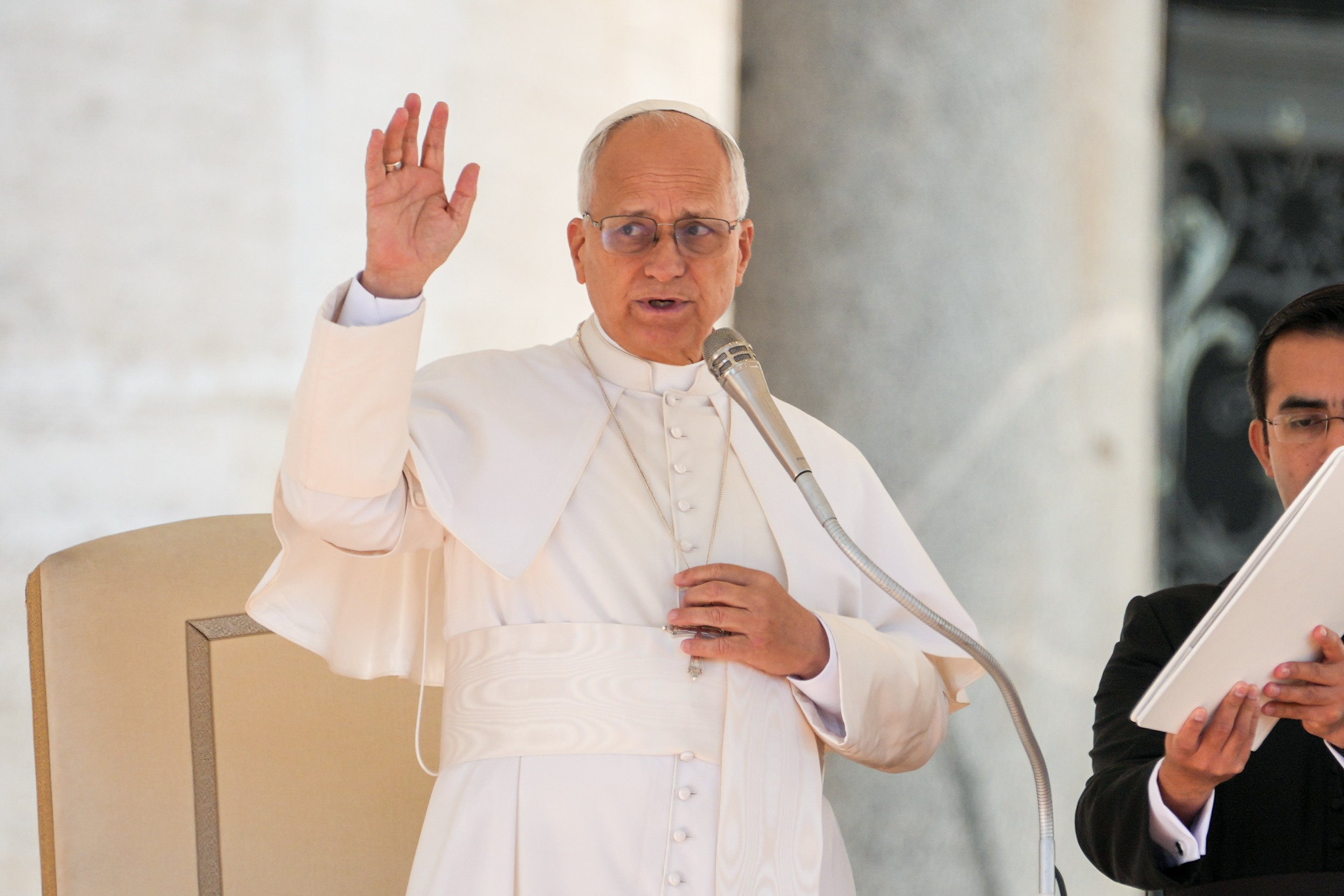September 19, 2018 at 2:26 p.m.
FROM A READING FOR SEPT. 23, 25TH SUNDAY IN ORDINARY TIME
‘Where jealousy and selfish ambition exist, there is disorder and every foul practice. But the wisdom from above is...pure, peaceable, gentle, compliant, full of mercy and good fruits...” — Jas 3:16-17
What do leadership and avoidance have to do with one another? Just ask Jesus.
When Jesus was on His way to Jerusalem with His disciples, He was teaching them that “the Son of Man is to be handed over to men and they will kill Him, and three days after His death the Son of Man will rise.” This was the second passion prediction given by Christ in the Gospel of Mark (9:30-37), the first being the passage we heard last Sunday (Mk 8:27-35).
What do the disciples do with this information? They ignore it. Jesus was teaching His disciples, through example, to follow His model of leadership, one of self-sacrifice. That is a message they did not want to hear, so they discussed the issue of leadership based on how the world judges it: “They had been discussing among themselves on the way who was the greatest.”
They did not want to hear that a true leader lays his life down for others. They were rejecting the message by not listening to what Jesus was saying concerning true discipleship. They avoided the subject altogether: Jesus asked, “‘What were you arguing about on the way?’ But they remained silent.”
When we want to avoid a subject that is uncomfortable, we remain silent. Sometimes we even silence those who cause us to confront issues in our own lives. Just listen to the first reading (Wis 2:12,17-20): “Let us beset the just one, because he is obnoxious to us.”
Jesus’ message is viewed as obnoxious to some people because it does not allow us to avoid the truth, from the sanctity of human life, to the importance of marriage and family as fundamental to our Christian faith and culture, to caring for the vulnerable and impoverished.
Psalm 54 (3-8) is a lament of the exploited and vulnerable: “O God, by your name save me. And by your might defend my cause. O God, hear my prayer; hearken to the words of my mouth.” The psalmist remains hopeful that God will sustain the faithful and help all those who are persecuted to overcome injustice.
Jesus places a child in their midst at the end of this week’s Gospel and says, “Whoever receives one child such as this in my name, receives me, and whoever receives me, receives not me, but the one who sent me.” Children in the ancient world had no value in society. They were seen as a commodity, something to be worked or traded. Children were the poor and vulnerable — and Jesus asks His disciples to become like little children.
Jesus asks us to become poor and vulnerable: to be willing to be last so that we can be first. Jesus Himself will be the first to become like a little child; on the cross, He is poor and vulnerable. He puts Himself last so He can become the firstborn from the dead.
It was because of the leadership that Jesus gave by suffering and dying on the cross and rising in three days that children — and all people — are valued as members of God’s family. It is Jesus who gives us through His leadership on the cross, the understanding that all life is sacred, from conception to natural death. It is Jesus who gives us the importance of marriage and family by showing us the Father’s love.
As Mary stood at the foot of the cross, we are asked to be faithful, as Mary is faithful to her Son. This love of God revealed to us enables us to understand that a child needs a stable environment which provides security. It is Jesus who gives us the concern to protect the poor and vulnerable of our society by not allowing them to be exploited. Jesus was exploited on the cross, ridiculed and tortured.
The cross does not allow us to avoid the truth; it challenges us to embrace the truth. The truth that was revealed on the cross is heard in the second reading (James 3:16-4:3): “The wisdom from above is first of all pure, then peaceable, gentle, compliant, full of mercy and good fruits, without inconstancy or insincerity.”
Why would we want to avoid such a beautiful gift from God?
- Dig deep and work patiently to keep church on solid foundation, pope says
- Portland archbishop on ICE: Human dignity comes from God, not government
- Christian hope shows the earth can resemble heaven, pope says
- Washington Roundup: Election shifts; Venezuela vote; transgender passports, and more
- Novel highlights power of art and music as a salve to troubled humanity
- Supreme Court sides with Trump administration to temporarily block full funding for SNAP
- Former diocesan fundraising director indicted on wire fraud for alleged 6-figure theft
- Love is key to church’s mental health ministry, says bishop who lost family to suicide
- Caring for creation is part of peacemaking, pope tells COP30
- Security for Syria’s religious minorities is disastrous, say religious freedom advocates








Comments:
You must login to comment.